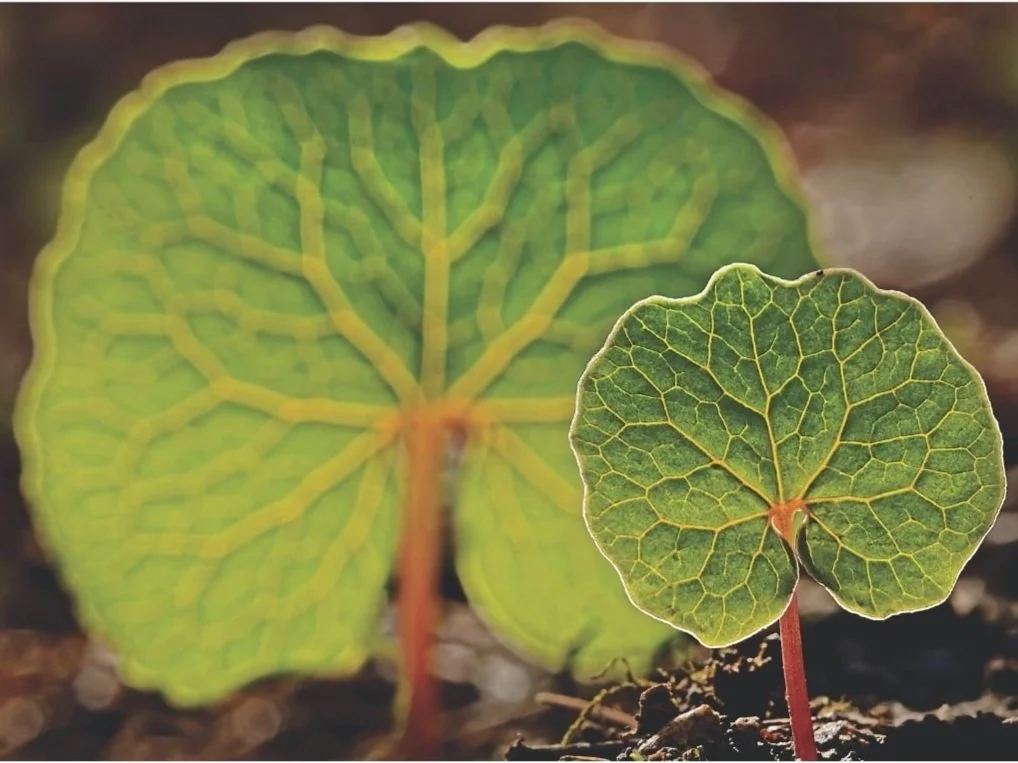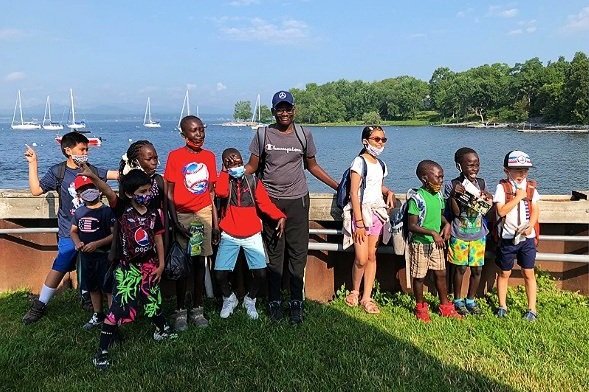Tea Project Tribute: Robyn Suarez
A Tribute to Tea Project Educator, Robyn Suarez.
Feature Teacher:
Robyn Suarez, ELT
An educator & advocate, Robyn’s experience creates a picture of the culture, warmth, ritual and routine that tea brings to every home and family.
image: Robyn Suarez, ELT Shelburne Community SchoolIntroducing Robyn
Robyn is an English Language Teacher (ELT) at Shelburne Community School. She works with Multilingual Learners (ML) and families who have immigrated to the Shelburne, VT community from upwards of 14 countries.
Robyn was my one and only student in the Spring Tea Project Class of 2020 - and she managed to plant a garden at SCS that spring that is now in its rising fourth year, is thriving, and is stocking her ML classroom tea apothecary for daily tea routines of mindfulness and sensory awareness practices!
In addition to broadening my scope of diversity, equity and inclusion, Robyn taught me that tea is a cherished household routine in her families’ homes. She shared anecdotes of the importance of tea ritual, visiting time and resting time as elements of her home visits. Robyn has taught me, from square one, that tea is a shared cultural heritage of many cultures around the world. Rest and community are valued in the ritualized tea time each day of the international cultural traditions practiced by her ML families. In fact, to most cultural heritages, it is a strange practice that in the US we are absent of the daily tea time to rest and regroup, to come together and value our family and community over the speed of work and production. Instead we drink coffee in paper to go cups to keep trucking along when the urge to rest hits us at what others might call “tea time”. This is worth pausing to consider!
As a wellness educator, my focus in schools has slowly evolved alongside an increased understanding among my clients of the direct relationship between mental health supports and academic success. Where I once was an advocate for co-regulation and wellness practices, I am now in more of a collaborative role with administration and educators who seek to develop herbal tea practices, connection with nature, rest, play and mindfulness exercises during the school day. Robyn was one of the the first of these collaborative relationships.
Tea Time is for relaxing
Robyn’s home visits with families welcome and connect them in the community. As one might find at any parent-teacher conference, Robyn gives a report on the child, and invites questions about the student’s experience at school. A conversation ensues, and as she wraps up the hour-long meeting, the family places the tea kettle on the stove. She is invited for tea, sometimes lunch, and a relaxed visit with the family.
At first, Robyn is surprised by the offer of tea as she intends to depart. After many home visits in which she experiences this tradition, however, Robyn budgets double the amount of time for her meeting, so that she can accept this invitation for tea with the families. Tea time is separate from meeting time. It is a time to rest and regroup together, to get to know one another through sharing stories and being present. In this way, she and her families part ways with warmth in their hearts and their bellies.
Robyn’s Project: Language of the Senses
image: Shelburne Community School MLL students on a field trip to Lake ChamplainAs an exercise in language development, Robyn adapted our Tea Project curriculum for her ML classroom. Her students practice vocabulary retrieval based on a sensory experience with smell, taste and the felt sense of the tea in their body.
Imagine tasting a tea flavor for the first time, then finding the words to describe the sensory experience amidst classmates who are also learning English as the thread that connects each of you in verbal communication with one
another. Not only are words shared, but so, too, is a visceral experience. Subtle nuances of each student’s experience are traded in conversation. The experience cements the language learning in a tradition that arises from generations upon generations of ancestors of each one of the students who have immigrated from different countries, traditions, and flavors: tea time. The cultural thread is the same: drinking tea infused with the plants of one’s home, and sharing stories from the heart.
image: Child drinks tea from a glass. To learn more about the Tea Project, or our upcoming summer residency in Vermont, (pictured here) visit The Tea Project Page.






